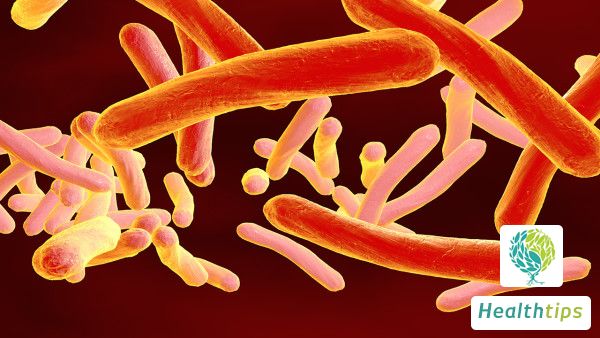Blood contamination may lead to leukemia, as blood contains a large amount of white blood cells, which can remove pathogens and senescent cells from the blood. Frequent exposure to blood contamination may increase the risk of leukemia.

Leukemia is a malignant clonal disease of hematopoietic stem cells, and its pathogenesis is not entirely clear. It may be caused by physical factors, chemical factors, viral infections, genetic factors, immune factors, etc., and is mainly manifested as anemia, bleeding, fever, and other symptoms.
1. Physical factors: Prolonged exposure to X-rays or gamma rays may lead to changes in the genetic material of blood cells, causing leukemia.
2. Chemical factors: Long-term exposure to benzene and benzene-containing organic solvents, or frequent contact with benzene, may cause chemical changes in the genetic material of blood cells, leading to leukemia.
3. Viral factors: Viruses are small microorganisms and exogenous sources of infection that can invade the body through various routes and proliferate in susceptible host cells, inducing leukemia. Common viruses include EB virus, STLV1 virus, etc.
4. Genetic factors: Although leukemia is not a genetic disease, it is also related to genetic factors. If one parent or a family member has leukemia, the probability of their children developing leukemia will be higher.
5. Immune factors: Due to immune system abnormalities, antibodies are produced in the body that attack its own cells, leading to the development of leukemia. In addition, other factors, such as physical factors, chemical factors, and genetic factors, may also contribute to the development of leukemia.
In daily life, it is recommended to maintain a healthy lifestyle and optimistic mindset and try to avoid trauma.

